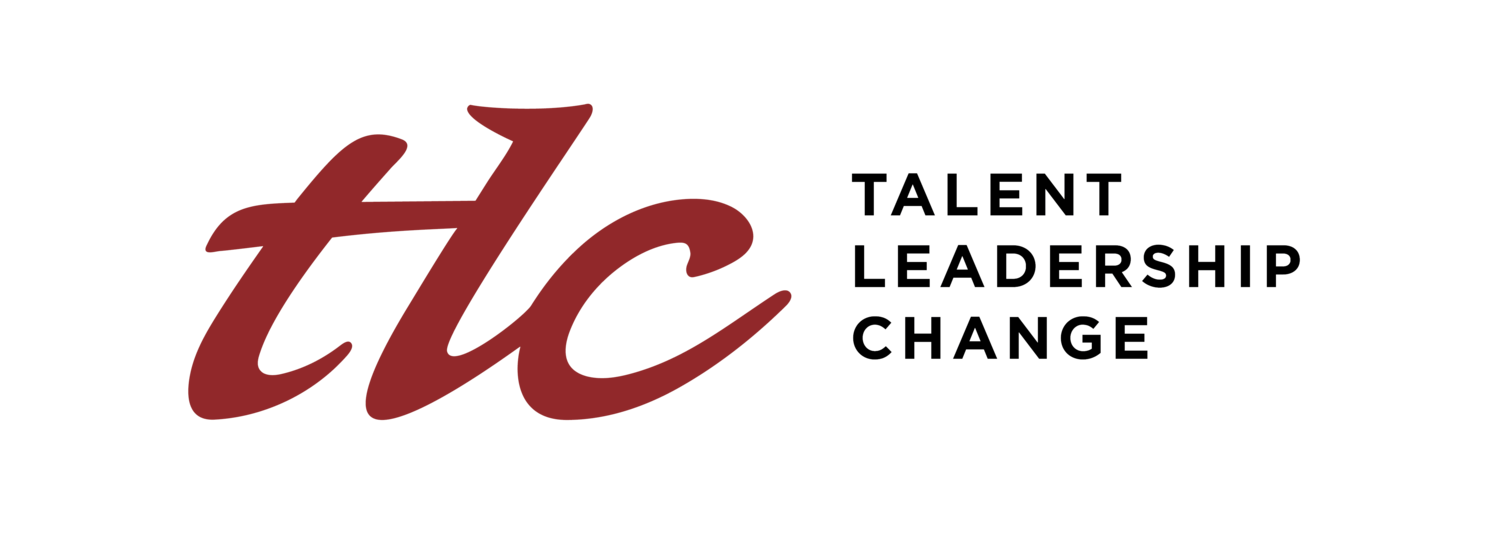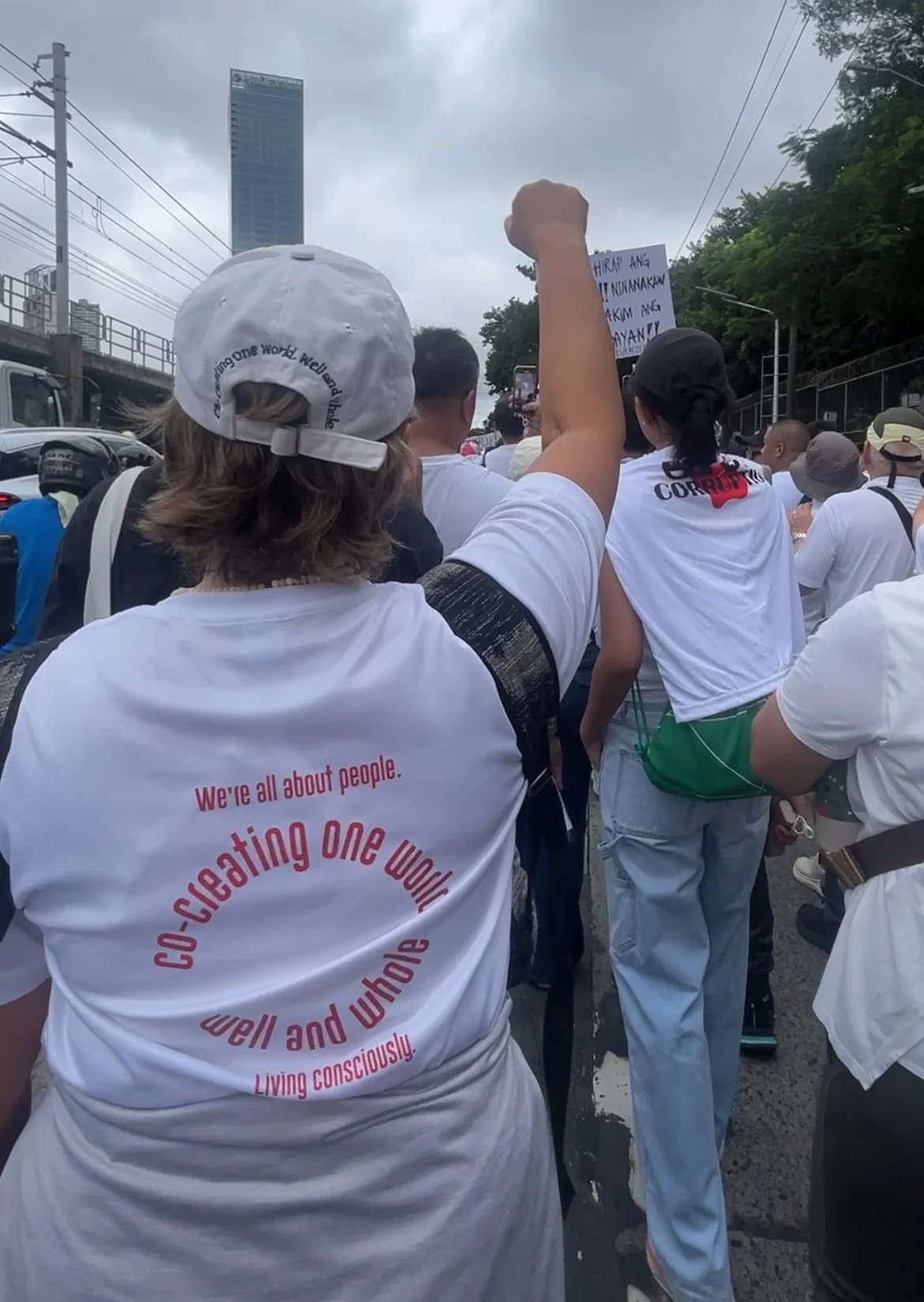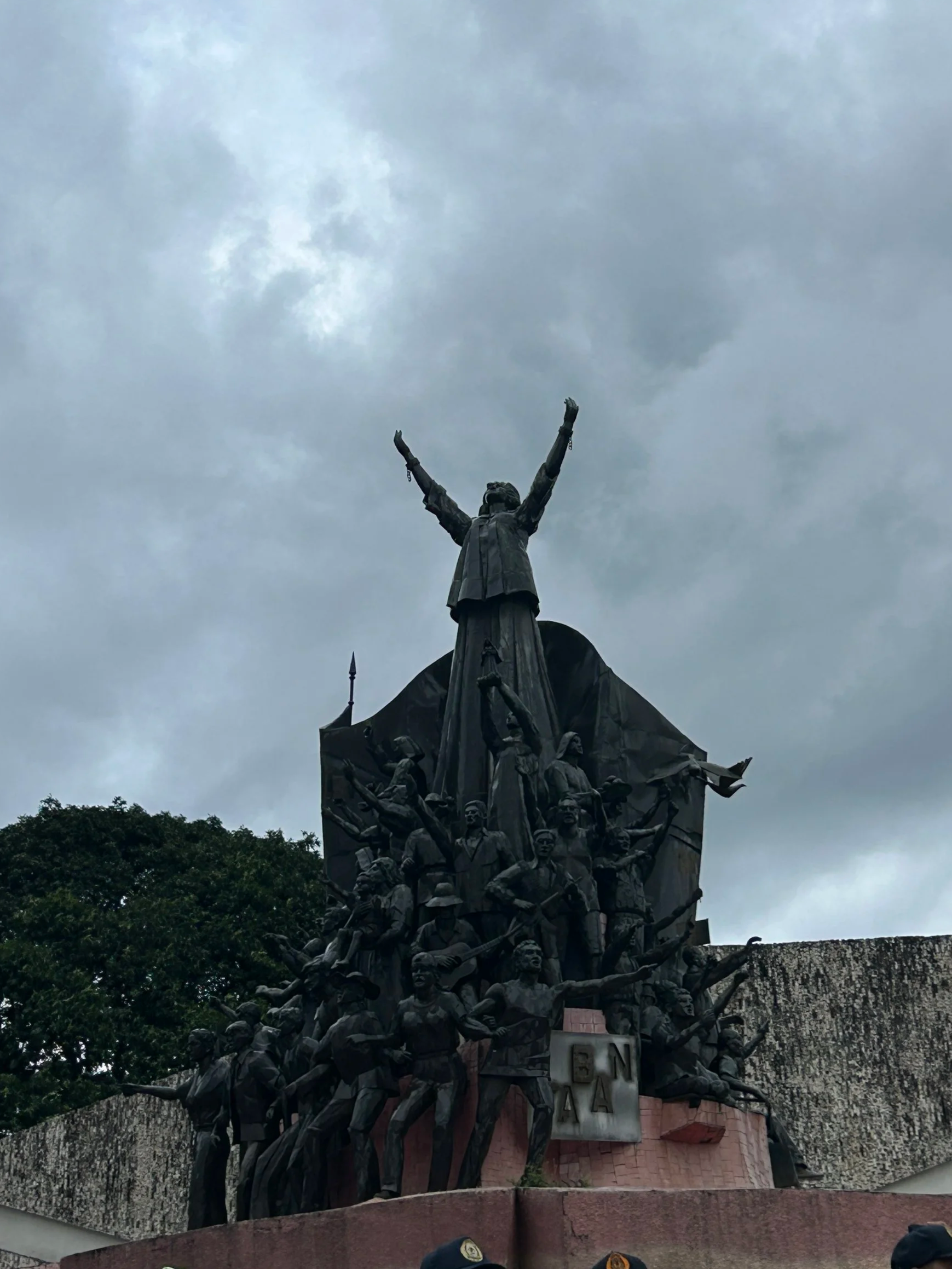BOWWBLOG #25: The Unfinished Revolution: Healing Our Nation's Heart to End the Cycle of Corruption
From EDSA to today: A personal plea for the mindfulness and moral courage required to build the country we deserve
WHAT: The Agony of Remembering
My dear Kababayan,
On September 21, 2025, I joined the Trillion Peso march with Myda, a colleague, and my new friends. The rain soaked us to the bone, mirroring the tears I deeply hold for our country. It was the 53rd anniversary of the declaration of Martial Law, a day that, as a 14-year-old, I knew would rudely shape our future. The fear from that day is a ghost I still feel to this very day.
I was there at EDSA I and 2. I witnessed the miracle of People Power—the collective strength that peacefully ousted a dictatorship. We had so much hope. We believed we had cured a national sickness.
Yet here we are, generations later, and the cancer of corruption has proven metastatic. It adapts. It returns. The $30 billion of unexplained wealth [Former Philippine Finance Secretary and economist Jesus Estanislao suggested that the Marcos family's ill-gotten wealth could be as high as $30 billion. This estimate significantly exceeds the commonly cited figure of $5–10 billion, which is based on the initial findings of the Presidential Commission on Good Government (PCGG)]. This figure that would be worth over $50 billion in today's money (about Php1.7Trillion - almost the same amount under investigation around the Flood Control Projects) was not an anomaly. Looking back, it was a template. A recent report from the World Bank estimates that corruption can cost a nation up to 5% of its GDP annually. For the Philippines, that is a staggering, ongoing theft from every single citizen.
Now we are in the midst of another shitstorm with the so-called “Flood Control Projects” and how easy it is to make “insertions” in the National Expenditure Program.
The painful truth is that we voted for these people in power through systems of "bread and circuses" (panem et circenses) which only work on a populace hungry for both—hungry for basic sustenance and for distraction from their plight. When I see our people voting for clearly unqualified leaders based on celebrity or short-term handouts, I don’t feel anger toward them. I feel a profound heartbreak. It is not stupidity; it is a symptom of a deeper disease—a crisis of hope and a deficit of trust.
SO WHAT: The Cycle We Must Break
The EDSA Revolution restored democracy but could not fully restore the national spirit. The "unfinished revolution" is not just in our politics; it's in our collective psyche. We replaced one set of rulers with another, and the culture of impunity persisted.
We are not alone in this struggle. But we can look to what has worked elsewhere:
· Botswana: One of Africa's least corrupt nations, Botswana succeeded by establishing independent anti-corruption agencies with real power, coupled with a strong tradition of public consultation called Kgotla, which emphasizes community dialogue and consensus. Source: Maundeni, Z. (2004). The Role of the Kgotla in a Democratic Botswana: A Model for African States? Journal of African Elections, 3(2), 33-45.
· Georgia: In the early 2000s, Georgia transformed from a notoriously corrupt post-Soviet state by drastically simplifying regulations (e.g., firing corrupt traffic police en masse and rebuilding the force) and leveraging technology to reduce human discretion in public services. Source: Transparency International. (2022). How Georgia became a leader in the fight against corruption.
· Mindfulness in Governance: The concept of "Ethical Mindfulness" is being integrated into public service training in countries like New Zealand and Canada. It teaches officials to pause, recognize their biases, and choose the public good over personal gain. Source: Government of Canada, Treasury Board Secretariat. Values and Ethics Code for the Public Sector.
These examples show that the fight is on two fronts: systemic change (laws, institutions) and heart-shift change (values, awareness). We have focused too much on the former without nurturing the latter. We cannot legislate a moral compass into existence; it must be cultivated.
NOW WHAT: From Indignation to Inspired Action
Marching in the rain while others stayed home was a lonely act. But I was not alone! All across the nation, kababayans showed up in full force. This reinforced my belief: the solution cannot be outsourced. It must be embodied by each of us. The “third People Power revolution” will not be in the streets; it will be in the quiet, daily choices of millions.
Here is how we can begin, right now, to cultivate the heart-shift required:
1. Practice "Civic Mindfulness" in Daily Life.
· Action: The next time you are tempted to give or receive a "padulas" or “lagay” (a small bribe) to skip a line or fix a document, pause. Take one breath. Ask yourself: "Does this small act of convenience contribute to the big problem of corruption?"
· Why: Corruption is a system, a culture built on a million small compromises. Our personal integrity is the first line of defense.
2. Become a "Memory Keeper" for the Next Generation.
· Action: Share your story. Tell a young person in your family about Martial Law. Tell them about EDSA Uno and Dos! Not with bitterness, but with the urgency of a lesson that must not be forgotten. Use the #NeverAgain and #EDSAForever tags online to share facts and memories.
· Why: As the saying goes, "The only thing necessary for the triumph of evil is for good men [and women] to do nothing." Silence is complicity. Stories are shields against historical distortion.
3. Support & Demand "Integrity Ecosystems."
· Action: Patronize and promote businesses with clear anti-corruption policies. Support journalists like Rappler and media outlets that do investigative reporting. Write to your local officials at the barangay and municipality level to demand transparency in budgeting.
· Why: We create a cost for corruption when we reward integrity with our pesos and our praise.
4. Lead with "Lingap" (Sincere Care) in Your Sphere.
· Action: In your workplace, community, or family, model a new way. Acknowledge mistakes. Share credit. Prioritize fairness over favoritism. Be the leader you wish we had on a national level.
· Why: National change is simply local change, scaled. A culture of Lingap (genuine care) and Bayanihan (community spirit) is the antidote to a culture of palakasan (favoritism) and kanya-kanya (every man for himself).
A Final Call to Your Heart
The march is not over.
EDSA Uno and Dos were magnificent battles, but the war for the soul of the nation continues in the quiet moments of our lives.
We were once a “center of excellence” in Asia with Pinoy talents in different fields standing out! We can be that again—not because of our leaders, but because of us.
It starts with a choice, today, to be a little more honest, a little more brave, a little more mindful.
It starts with us refusing to forget, and committing to heal.
In solidarity and hope,
Your Fellow Traveler in the Unfinished Revolution,
Susan
We invite you to be a TLC Community Member!
You can learn more and subscribe here: https://www.thetlcsolution.com/registration-page!
Get to know more about TLC’s Conscious Living Institute—In this center, we co-create conditions where people truly come first - and where living consciously is the path to health and wellbeing, peace and harmony.
You can learn more about C.L.I. here: https://www.thetlcsolution.com/conscious-living-institute-philippines!


